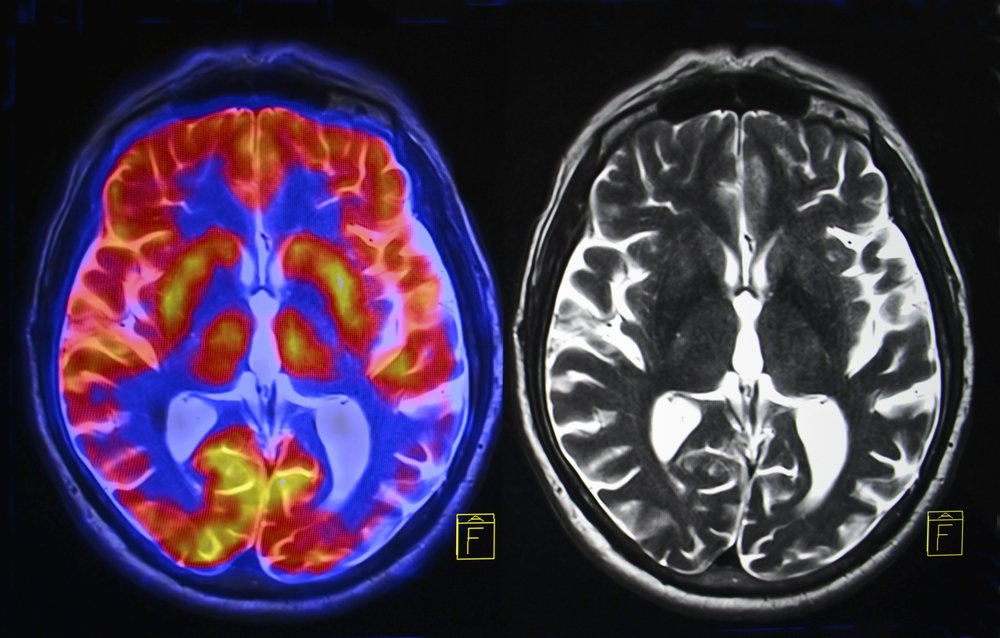
Everyone experiences growing pains during adolescence. Change, growth and development can all be an exciting but confusing and difficult process. The brain is no different, and goes through its own growth process. As a result, teenage brains can be more susceptible to mental health conditions and addiction. Here’s what you need to know about teenage brain chemistry.
Understanding Brain Development

Image Credit: Unsplash
The human brain doesn’t finish its development until we turn 25. The last section of the brain to develop is called the prefrontal cortex. It’s the section that controls reasoning and impulses, and it doesn’t mature during teen years. Understanding this can help shed light on why teens act the way they do and why they might make seemingly impulsive decisions. It can also explain their occasional mood swings, inability to focus and difficulty connecting with adults.
Meanwhile, while their brain is still developing, hormones are raging through your teen’s body. This can inflate your teen’s emotions and lead to rash decision-making.
A brain that is still developing, but is having to cope with the effects of unfamiliar hormones, can help explain why teens are more susceptible to risk-taking behaviors such as experimenting with drugs and alcohol.
Teen Brains and Substance Abuse
Since teens might be more susceptible to risk taking and experimenting with substances, it’s important to understand how substances can affect a developing brain.
Drug and alcohol abuse can have long-term effects on a teen’s brain. They can interrupt normal development and alter its structure, function, and neurocognition. This can include effects on memory, the ability to cope with social situations and regulation of dopamine levels or pleasurable moods. It’s important to educate your teen about the risks of drug and alcohol abuse. While their decision-making skills and emotional control will improve over time, the effects of substance abuse can last a lifetime.
Teen Brains and Mental Health

Image Credit: Unsplash
Understanding the teenage brain can also help build understanding around teen mental health. During teenage years, the brain is extra sensitive to stress. This can make teens more susceptible to depression, anxiety and other mental illnesses. Depression and anxiety in particular often become prominent around age 15. As a result, it’s important to pay attention to your teen’s mood and behaviors and support them through any stressful situations.
How to Respond
At the end of the day, it’s crucial to understand that your teen needs support and guidance as they grow and develop. Scientifically, their brain is still becoming equipped to deal with the decisions and pressures of teen life. Therefore, try to educate your teen on mental health and addiction and support them when they need assistance.
Feature Image: Semnic / Shutterstock.com


